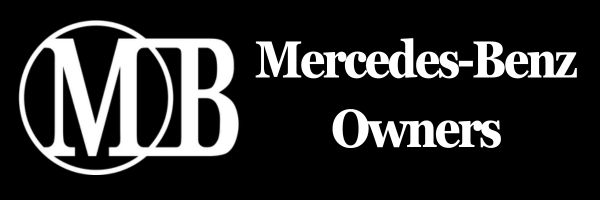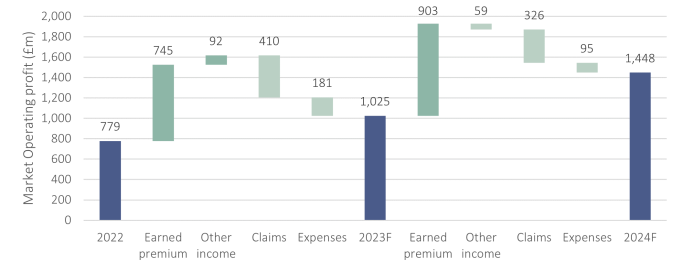Edge
Member
- Joined
- Jan 4, 2024
- Messages
- 23
- Reaction score
- 34
- Your Mercedes
- CLK55
I think I have some idea of the general principle behind insurance. Someone does some maths, called actuary, and calculates the expected payout. A load of people add a little bit of profit to that number, and the customer gets a bill that is slightly larger but determined by that expected payout.
However there are a few features of the car insurance market that do not make obvious sense in this model:
However there are a few features of the car insurance market that do not make obvious sense in this model:
- The big one that frequently costs me money for seemingly no reason is no claims years. I get that someone who has not claimed is a lower risk than someone who has, but that is aready taken into account by asking about claims. The thing about no claims is that it can only be "use" on one car at a time. I have never claimed from insurance, and I have a car I drive daily that "uses" my no claims, and I have just bought another that I am more likely to use at weekends. If I keep my no claims on my daily drive the cost of a new policy goes up by more than a years policy on my old car, so it would be cheaper to cancel this insurance. Me having another car would massively reduce the chance of a claim on this one (because most of the time I would be driving the other), why does it increase rather than decrease my premium?
- A related one is protected no claims. Why would next years insurance provided care that I paid a little more to this years provider?
- The guardian has an article about insurance, and it has a couple of points that make no sense to me. The first is "fully comprehensive insurance, which is now typically cheaper than taking out a third-party policy". This has happened to me, and I have assumed it is just different insurers with different eligibility requirements and actuarial algorithms, but this cannot explain an general trend. A comprehensive policy will always pay out the same or more than a third-party policy, so how could they be typically cheaper?
- Later in the article it lists the cheapest cars to insure: "the cheapest cars for a 17-year-old to insure were the Fiat 500 Lounge, followed by the Mini Cooper and then the Fiat 500 Abarth 595". The third cheapest car for a first time driver is a 154bhp supermini with a 0-62 time of 7.3 seconds made by Italians. That is most certainly not the third easiest car to drive, or the third safest to be in. I am not sure what the "Cooper" label means on a mini these days but it is not the slowest model is it?
Last edited:


